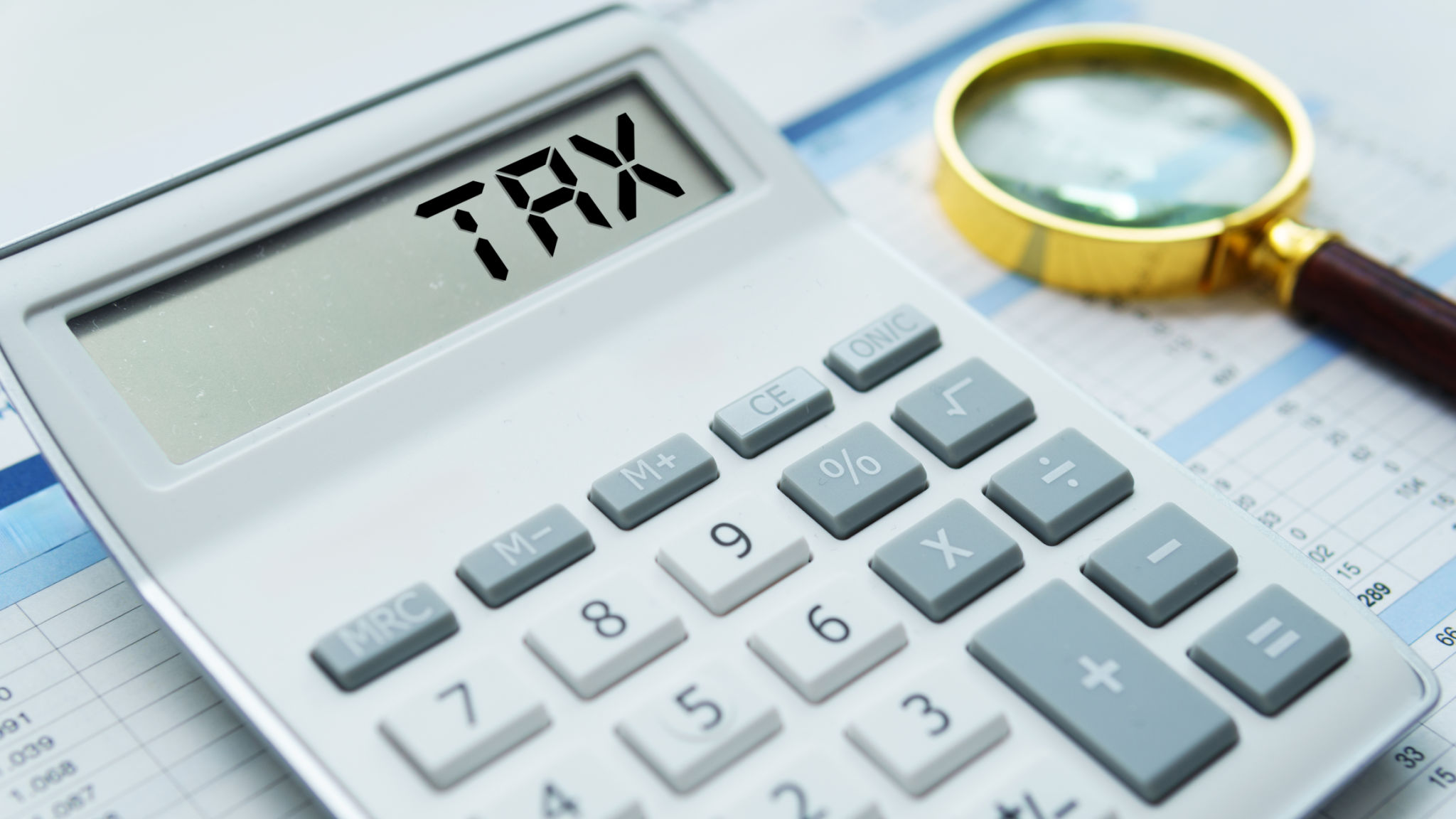Frequently Asked Questions About Taxes in Phuket
Understanding Tax Residency in Phuket
One of the first questions many people have when moving to Phuket is about tax residency. Simply put, if you live in Thailand for more than 180 days in a calendar year, you are considered a tax resident. This means you are liable to pay tax on your worldwide income. However, if you stay less than 180 days, you are only taxed on income sourced in Thailand.

Personal Income Tax Rates
Thailand's personal income tax rates are progressive, starting from 0% up to 35%. The rates are structured as follows:
- 0% for income up to 150,000 THB
- 5% for income between 150,001 and 300,000 THB
- 10% for income between 300,001 and 500,000 THB
- 15% for income between 500,001 and 750,000 THB
- 20% for income between 750,001 and 1,000,000 THB
- 25% for income between 1,000,001 and 2,000,000 THB
- 30% for income between 2,000,001 and 5,000,000 THB
- 35% for income over 5,000,000 THB
It's important to note that these rates apply only to taxable income, which is calculated after deductions and allowances.
Corporate Taxation
For businesses operating in Phuket, corporate tax is another consideration. The standard corporate income tax rate in Thailand is 20%. However, small and medium-sized enterprises (SMEs) may benefit from reduced rates. For instance, companies with a net profit of up to 300,000 THB are taxed at 0%, while those with profits between 300,001 and 3,000,000 THB are taxed at 15%.

Value Added Tax (VAT)
VAT in Thailand is set at 7%. This tax applies to the sale of goods and services, with some exceptions such as basic healthcare and educational services. If your business in Phuket is VAT-registered, you are required to file monthly VAT returns and remit the tax collected to the Revenue Department.
Tax Filing Deadlines
Tax filing deadlines are crucial for compliance. Personal income tax returns must be filed by March 31st of the following year. Corporate income tax returns, on the other hand, are due within 150 days after the end of the accounting period. Failure to meet these deadlines may result in penalties and interest charges.

Double Taxation Agreements
Thailand has entered into double taxation agreements (DTAs) with numerous countries to prevent double taxation of income. These agreements can be beneficial for expatriates and businesses that have income in multiple countries. It is advisable to consult a tax professional to understand how a DTA may apply to your specific situation.
Common Tax Deductions and Allowances
There are several deductions and allowances available to reduce taxable income in Thailand. These include personal allowances, life insurance premiums, and retirement fund contributions. Taking advantage of these can significantly decrease your tax liability. It's essential to keep accurate records and receipts to substantiate any deductions claimed.

Seeking Professional Advice
Navigating the tax landscape in Phuket can be complex, particularly for those unfamiliar with the local regulations. Consulting with a tax professional or accountant who is experienced in Thai tax law can provide valuable insights and ensure compliance. They can assist in optimizing your tax strategy and managing any communications with tax authorities.
